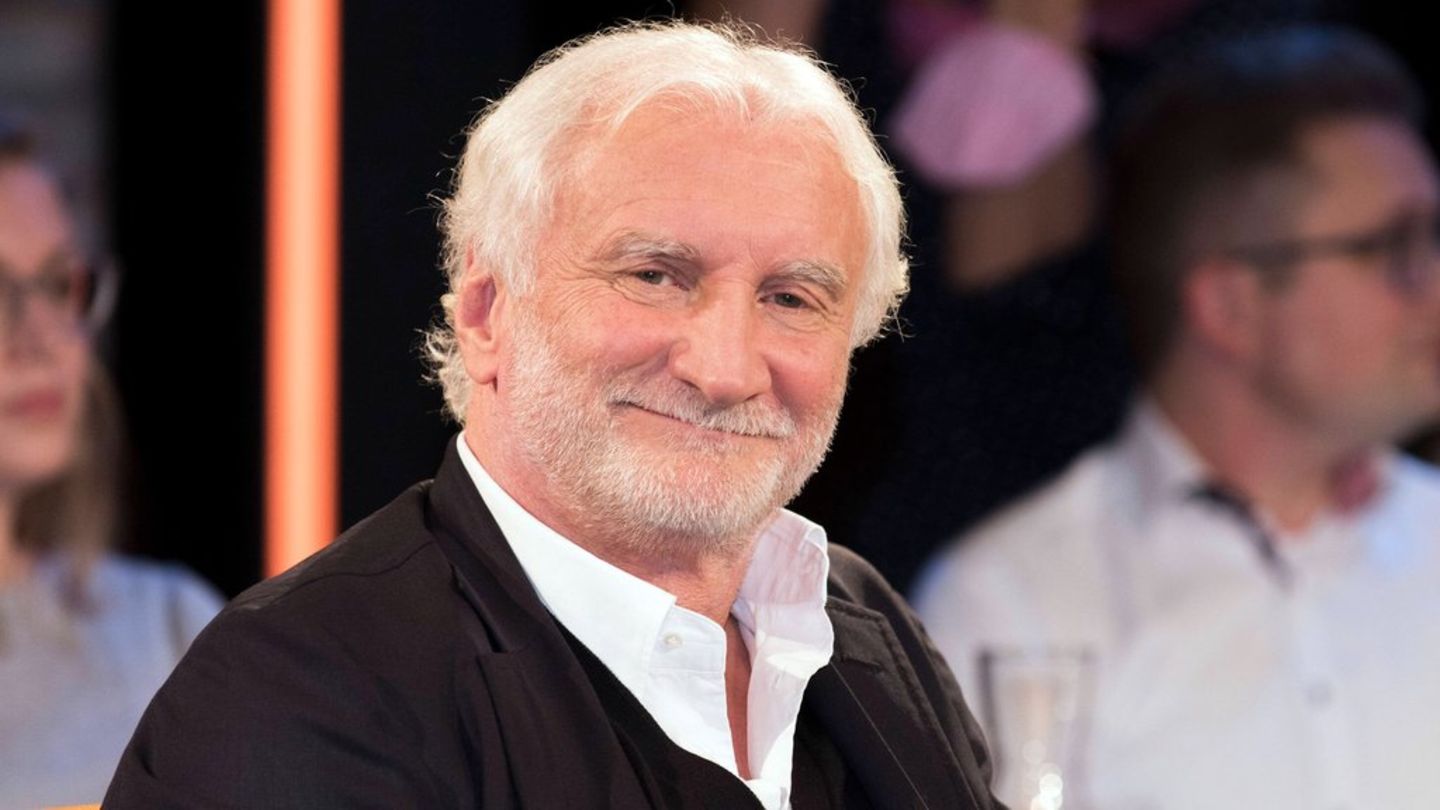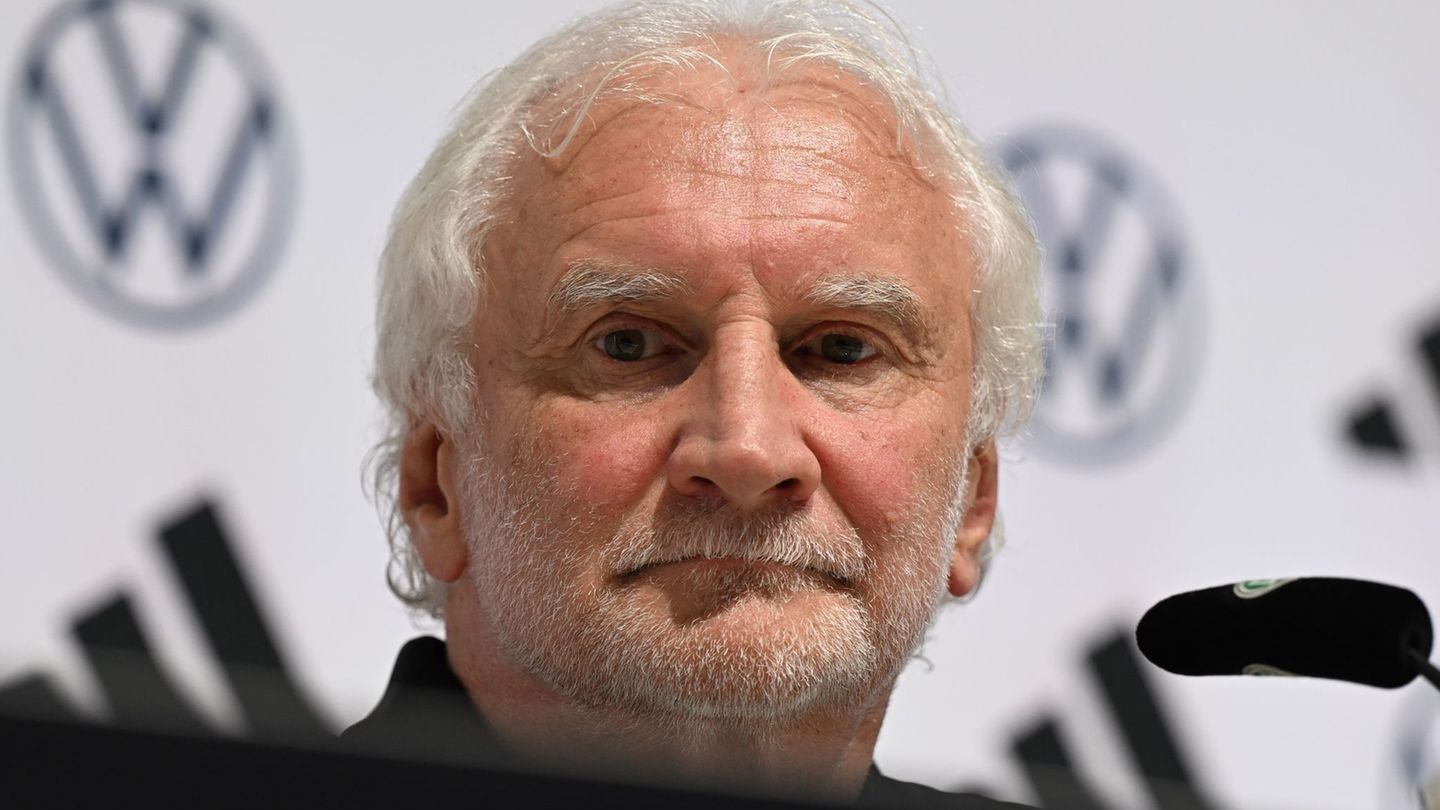Lisa Paus rarely makes headlines. Now the Minister for Family Affairs has instigated a tangible government crash and has put her party in need of explanations. And the greens seem unsorted again.
The chancellor has hardly returned from his summer vacation when there is already a bang in political Berlin. According to government circles, nothing like this has ever been experienced. And the Greens have to explain themselves.
This was instigated by her family minister: Lisa Paus refused Finance Minister Christian Lindner (FDP) the approval of his so-called Growth Opportunities Act, a legislative package with tax policy measures intended to relieve the economy by around 6.5 billion euros a year. But Paus opposed it. She demands more money for basic child security. This should enable families to access state benefits more easily.
The basic child security is to become the prestige project of the family minister. But when asked about it in the past, it was silent. She faltered on the details. Calculation or ignorance?
Bang in Berlin
Then, less than 24 hours later, the sudden bang in Berlin. “Basic child security is an investment in the future of our children and our prosperity. That’s why we are well advised to do both: to improve the opportunities for children to participate and to strengthen growth opportunities for the economy,” the Green woman announced after her blockade. But even that was quite late, hours after the cabinet meeting.
The FDP had been raging for a long time. “Lisa Paus does not seem to have understood the core of every welfare state: first you have to earn what can be distributed,” criticized the deputy FDP federal chairman Johannes Vogel.
While Finance Minister Lindner can rely on loud support from his party, the Greens held back rhetorically. Both, investments and the serious fight against child poverty, said parliamentary group leader Andreas Audretsch. Lindner’s Growth Opportunities Act is only a first step, further investments are needed for construction and industry, said parliamentary group leader Katharina Dröge. Not a word came from the two party leaders Ricarda Lang and Omid Nouripour.
Behind this was possibly the desire to keep the ball flat. It is at least in need of explanation to stop a project that at least one’s own Vice Chancellor and Economics Minister Robert Habeck found fundamentally okay. But Habeck in particular has repeatedly agreed to agreements with the FDP – keyword heating law – which later identified further need for negotiation. Frustration has built up in the Greens parliamentary group, and some consider it too peaceful. Now they want to turn the tables there.
Awkward public image for the Greens
The external impact is unfortunate for the Greens: There are ministers who disagree. And after a week-long debate about how to help the ailing German economy, a Green party stops a law that is intended to do just that, even if it doesn’t go far enough for many of her party friends. Unlike climate protection, the party has to fight to be taken seriously when it comes to the economy. Since Paus’ veto was not helpful, even less the silence afterwards. It could harm Habeck as the responsible minister.
How the whole thing turns out for Paus remains to be seen. Your blockade raises expectations that you will not end up empty-handed when it comes to basic child security. The Federal Government intends to introduce them before the end of this legislative period. The Greens in particular want to ensure that procedures are not only simplified, but that benefits are also increased in order to do more to combat child poverty in the country.
Various numbers are circulating
But the money approved by Lindner is far from sufficient for these plans. At times, a wide variety of figures about the costs circulated: Paus originally estimated 12 billion euros a year for this. In the financial planning for the year 2025, in which the basic child security is to be introduced, there were 2 billion as a “placeholder”. Shortly thereafter, Paus spoke of her new house number of 2 to 7 billion. How exactly should these be distributed? Silence again.
Most recently, Scholz had given a written word of authority and asked Paus to submit a draft law that the government had agreed on by the end of August. At their closed meeting at the end of August, the traffic light government wants to draw a line under it. “I am convinced that I have presented a bill that will ensure that families and children who need help actually receive it,” said Paus. “And that’s why I’m optimistic that we will soon adopt the bill in the cabinet.”
Source: Stern
I have been working in the news industry for over 6 years, first as a reporter and now as an editor. I have covered politics extensively, and my work has appeared in major newspapers and online news outlets around the world. In addition to my writing, I also contribute regularly to 24 Hours World.




